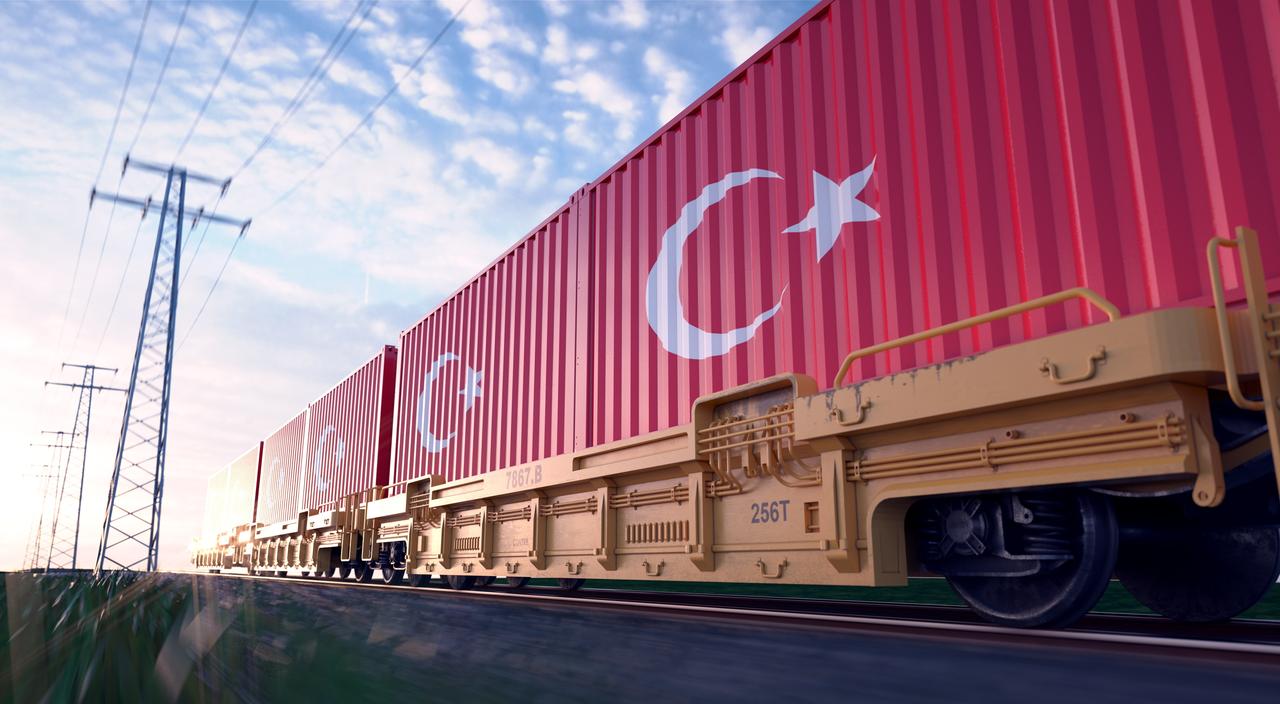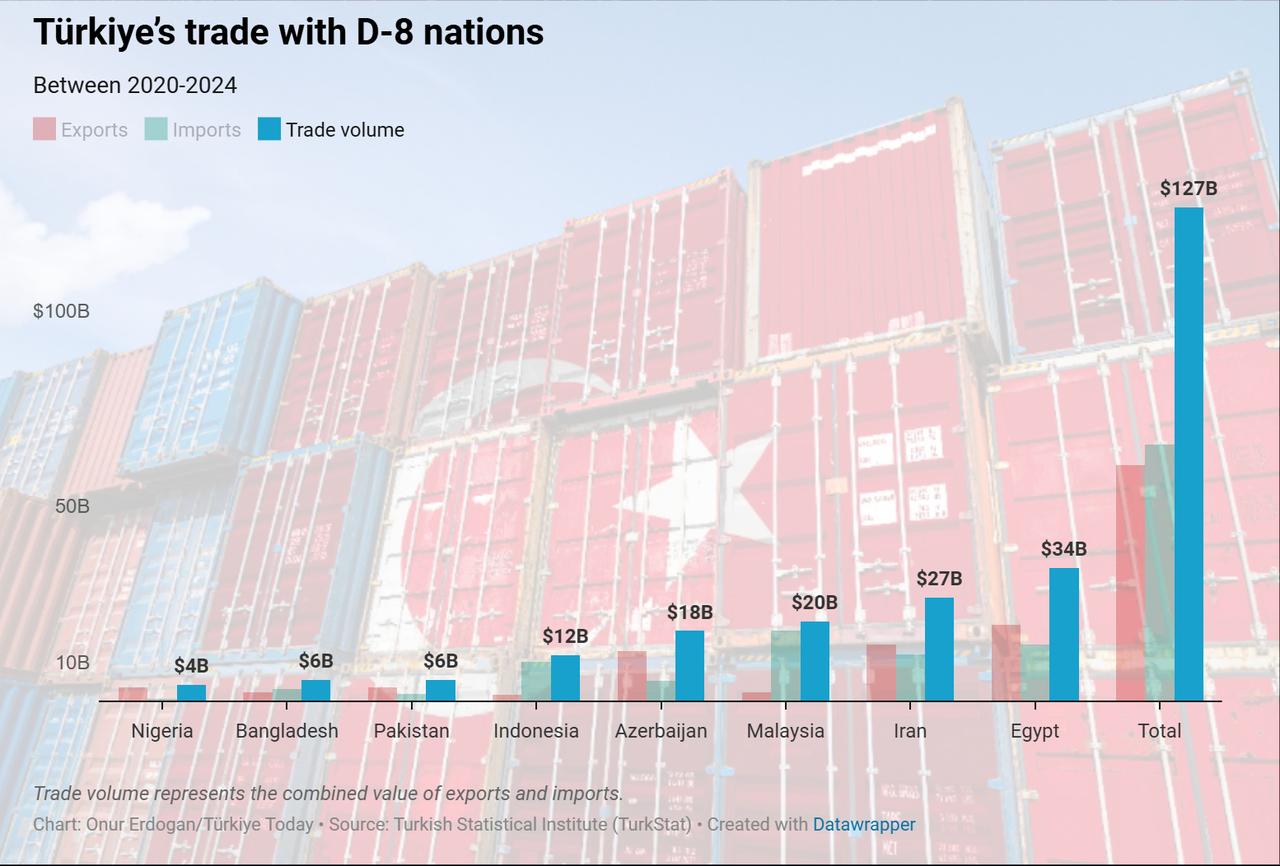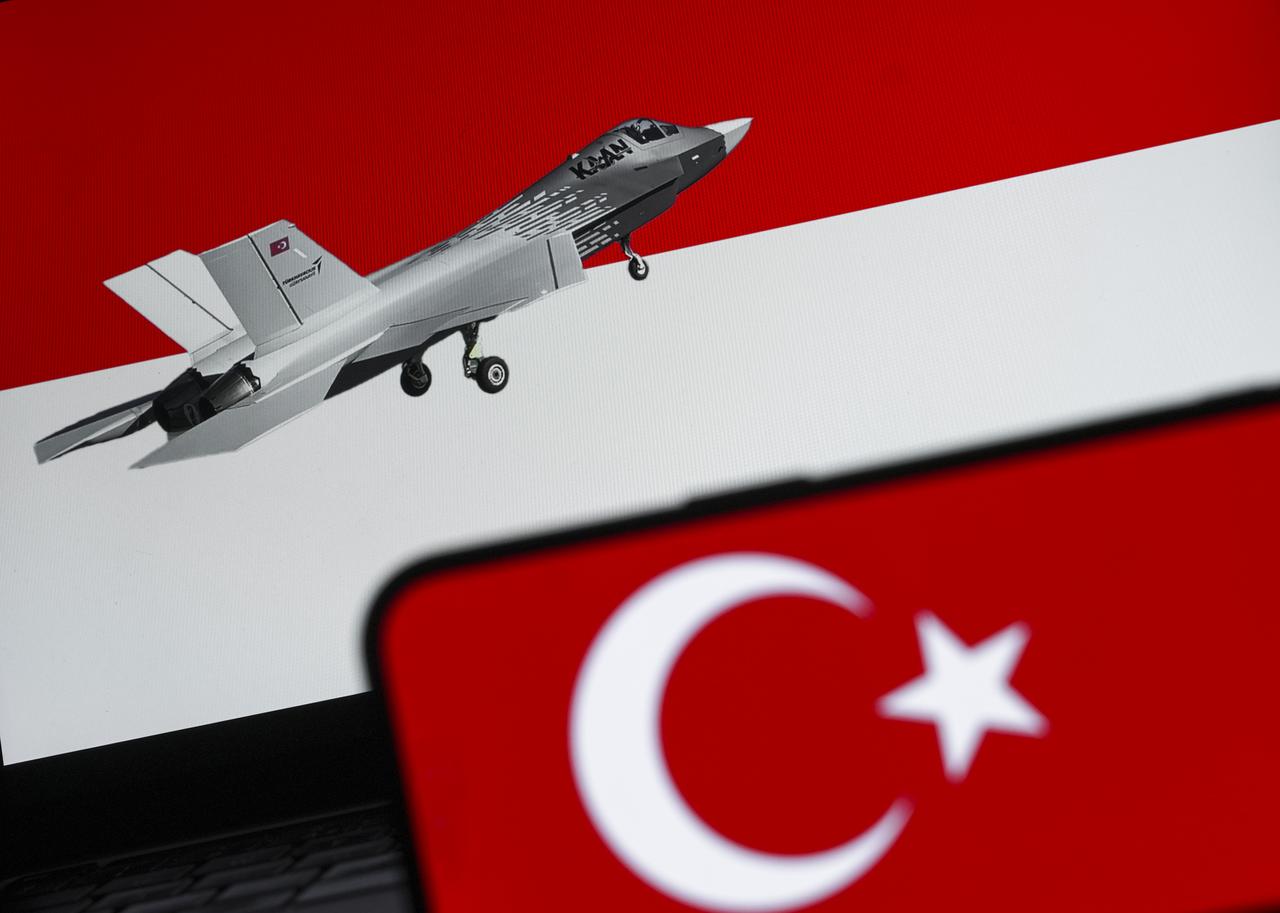
Türkiye carried out a total of $126.6 billion in foreign trade with members of the Developing-8 (D-8) Organization during the 2020–2024 period, according to official data.
The D-8 group includes Bangladesh, Egypt, Indonesia, Iran, Malaysia, Nigeria, Pakistan, and most recently Azerbaijan, which joined the bloc as a full member in 2023.
Established under Türkiye’s leadership in 1997, the D-8 aims to strengthen economic ties among member states with shared historical and cultural backgrounds. The organization has expanded its efforts across various sectors, including trade, industry, technology, and transportation.
According to the Turkish Statistical Institute, Türkiye exported goods worth $60.7 billion to D-8 countries and imported $65.9 billion between 2020 and 2024. While Türkiye ran an overall trade deficit during these five years, it recorded bilateral trade surpluses with several countries.
Türkiye’s largest export market among D-8 members was Egypt, with outbound shipments totaling $19.7 billion, compared to $14.5 billion in imports. This resulted in a $5.2 billion trade surplus for Türkiye and a total trade volume of $34.3 billion with Egypt.
Surpluses were also registered in Türkiye’s trade with Iran ($2.5 billion), Azerbaijan ($7.6 billion), Pakistan ($1.8 billion), and Nigeria (approximately $3 billion).
In the first 4 months of 2025, Türkiye’s exports to D-8 nations amounted to $4.1 billion, while imports stood at $5.4 billion, resulting in a trade volume of $9.5 billion.

Türkiye and Indonesia have expanded their collaboration through agreements in defense and emergency management. Notably, Türkiye will export 48 domestically produced KAAN fighter jets, developed by Turkish Aerospace Industries (TAI), with plans to involve Indonesian manufacturing capabilities. The two countries also signed a memorandum on joint efforts in disaster response.

Türkiye continues to strengthen partnerships with other D-8 nations in key sectors. In Egypt, cooperation spans railways, agriculture, energy, and defense, including the joint production of unmanned ground vehicles.
With Iran and Azerbaijan, energy agreements remain central, particularly in natural gas transit and exchange. Türkiye also supports infrastructure projects in Malaysia, Nigeria, and Pakistan by providing construction materials and technology.